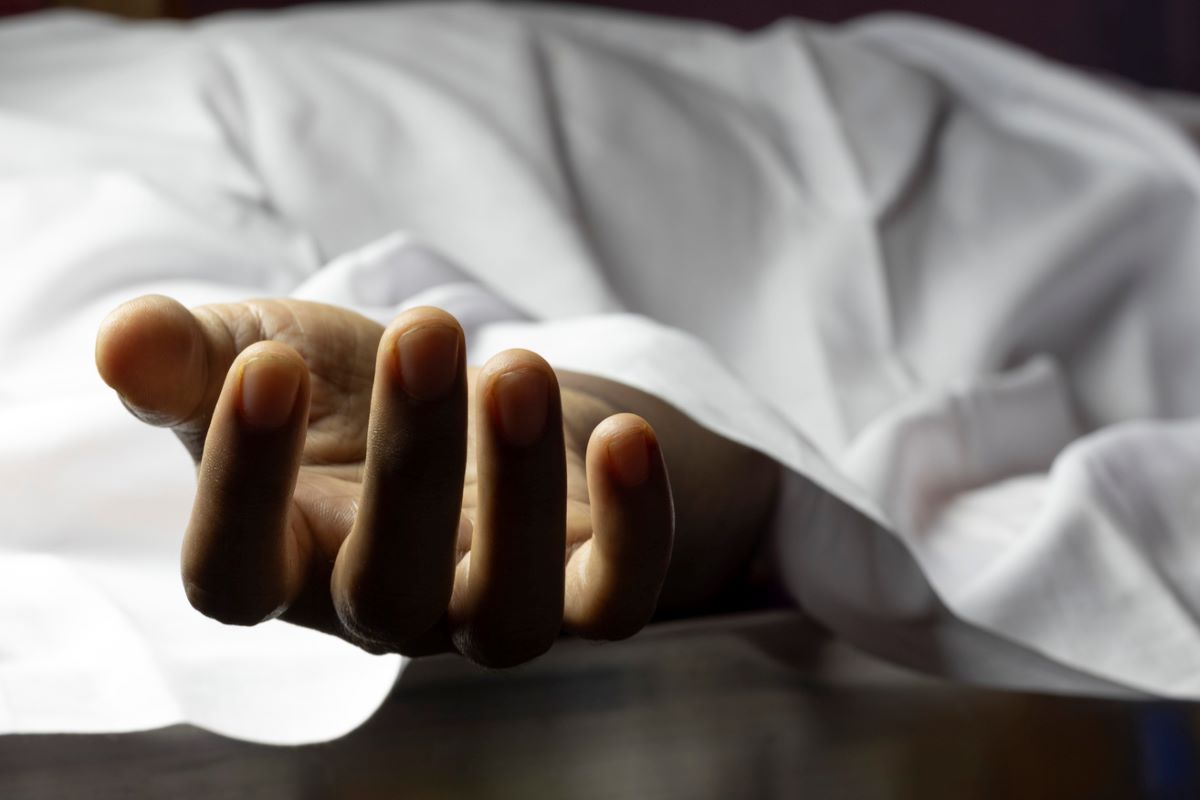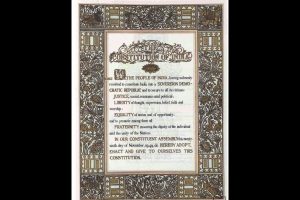Eighty-nine patients died at the North Bengal Medical College and Hospital (NBMCH) during the five-day Durga Puja festival. NBMCH authorities, however, claimed that the death rate for the said period was “usual.”
Relatives of many patients, on the other hand, alleged lack of proper treatment during the festival. Well-placed sources at the NBMCH said 89 deaths had been registered between Sasthi (11 October) and Dasami (15 October), and that the figure included children’s deaths.
It is learnt that 14 children undergoing treatment in the NBMCH died between Saptami (12 October) and Dasami. Nineteen persons died on Sasthi, 20 died on Saptami, 21 on Astami (13 October), 15 died Nabami (14 October) and 14 on Dasami (15 October), the sources said.
They added that among the deaths were 26 women, and 16 persons who succumbed to injuries following accidents during the festival. The NBMCH sources said that around 17-19 deaths were registered in the region’s premiere health institute every day during the Puja period.
“Around 1200-1300 patients are admitted in the NBMCH daily on an average. The daily deaths vary between 17 and 19 on an average. Accordingly, the death rate is around 1.5 percent against the total admission of patients. Therefore, we cannot consider the number of deaths during the puja as unusual,” said NBMCH Superintendent Dr Sanjay Mallik.
Many have , however, expressed doubts on the proper implementation of the duty rosters that are prepared for doctors, housestaff, interns, and post-graduate trainees (PGT) by the NBMCH authorities in view of the Pujas every
year. There have also been allegations that rules are violated and the roster is not followed by a section of doctors.
“The doctors always remain on call. House staff, interns, PGTs, floor duty doctors initially attend to the patients, while visiting doctors also treat the patients two times a day during the puja days. According to the duty roster, the doctors were available,” Dr Mallik said.
It may be recalled that 101 deaths had been registered from Panchami (a day before Sasthi) to Dasami last year, and 103 patients had allegedly died in 2019, and 73 people died there between Sasthi and Dasami in 2018. At least 51 patients had died here during the puja in 2013.
Meanwhile, on the children’s deaths this year, four children died on Saptami. A two-month-old baby from Darjeeling died due to disseminated intravascular coagulation with refractory shock, while she also had congenital heart disease and downs phenotype, the sources said.
A seven-month-old child from Meghalaya died of shock with heart failure, and he had also been suffering from congenital heart disease, they added. A one-day-old child of Damdim, Jalpaiguri, died due to severe birth asphyxia, preterm and low birth weight. Another two-day-old baby of Kharibari near Siliguri died due to low birth weight and birth asphyxia.
Three children died on Astami (13 October)–a five-day-old child from Bihar died of prematurity, convulsion and shock. Another two-day-old baby from Bihar died of neonatal sepsis and acute kidney injury. A four-month-old child of Jalpaiguri died due to severe shock, sepsis and pneumonia, the sources said. Four children died on Nabami (14 October)–a one-day-old baby from Jalpaiguri died due to cyanotic spells, which, doctors said occur in children with cyanotic congenital heart disease.
The antecedent cause was cyanotic heart disease. An 11- month-old child from Cooch Behar died because of catecholamine-resistant shock, and a three-month-old baby of Bhaktinagar died of severe birth asphyxia. Another two-day-old from Chopra in North Dinajpur district also died due to severe birth asphyxia, the sources said.
They added that three children died on Dasami. A three-day-old child from Oodlabari, Jalpaiguri, died due to shock, birth asphyxia and neonatal aspiration. A three-month-old child of Chopra, North Dinajpur, died due to shock with congestive, cardiac failure. He also had congenital heart disease, while a three-day-old baby of Jalpaiguri died due to neonatal sepsis.
NBMCH authorities, however, said no child died due to acute respiratory infections (ARI) since Saptami. A total of 38 children are currently admitted to the NBMCH with ARI.











